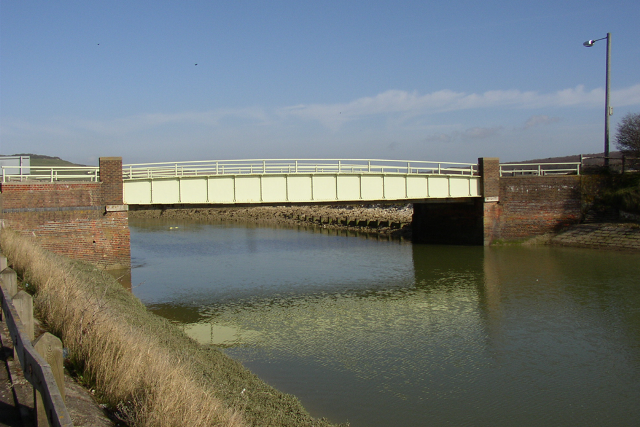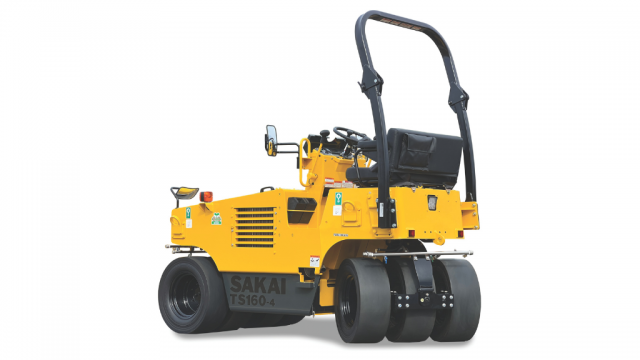How Contractors Can Get Disaster Cleanup Work During 2023 Hurricane Season
Being in a position to win work takes advanced planning – before a disaster strikes.

Editor's note: This story was updated July 6, 2023.
The latest forecast for the 2023 Atlantic hurricane season calls for an above-average number of hurricanes, reports Colorado State University.
CSU Tropical Weather & Climate Research predicts nine hurricanes this season, compared to an average of seven between 1991 and 2020.
Damaging storms that make landfall in the U.S., along with other disasters such as tornadoes, floods and wildfires, will require cleanup and reconstruction in devastated communities. Being in a position to provide those services takes careful, advanced planning before a disaster strikes.
The Association of Procurement Technical Centers (APTAC) recommends that contractors register with their local procurement centers, now known as APEX Accelerators, as soon as possible before a disaster strikes. The centers can help contractors register with the Federal Emergency Management Agency, as well as state and local agencies that also will seek contractors following a disaster.
“In the aftermath of a disaster, potential contractors swarm to the site hoping for a piece of the cleanup and recover effort,” says a blog on the APTAC website. “For inexperienced players, it can be chaotic, confusing and cut-throat, as informal subcontracting agreements are made on the ground, which may not be enforceable, and third-party firms falsely promise no-bid contracts to those who pay big bucks to be on a ‘priority vendors list’ (there is no such list). Government officials in charge of relief efforts are overwhelmed and information may be hard to come by.’”
That’s why it pays for contractor to be prepared – well before a disaster strikes.
How to get prepared
The first step for any contractor looking to perform disaster-response work should be to contact their state’s Procurement Technical Assistance Center, which are being rebranded as APEX Accelerators. That’s true even if the work is in another state. Contractors can find their local PTAC – soon to be APEX Accelerator – by going to the Association of Procurement Technical Assistance Centers website and clicking their state on the map on the home page. They will then get a list of centers and contact information.
There are more than 95 such centers around the country, in each state and in Puerto Rico and Guam. They are now managed by the U.S. Department of Defense's Office of Small Business Programs, with federal funding matched by state and local governments and nonprofit organizations. Many of the centers are on state university or college campuses, and there are more than 300 local offices.
Their services are free, including one-on-one counseling. Services include helping to register with the proper government procurement systems, as well as finding bidding opportunities and preparing proposals.
The centers also reach out to their counterparts in other states to help businesses find opportunities there.
Federal contracts
After contacting a PTAC/APEX center and setting an appointment with a counselor, the next step involves registering with the federal government’s System for Award Management (SAM).
SAM is run by the U.S. General Services Administration, and any contractor that wants a federal contract has to be registered in it. That includes performing work for FEMA or the U.S. Army Corps of Engineers, which also handles debris cleanup after disasters.
The sam.gov site has become the GSA’s primary clearinghouse for government contracting, consolidating other sites into one. It has such resources as: entity registration, disaster response registry and contract opportunities.
The free SAM registration process can be tedious, and minor errors can cause delays, such as entering a slightly different company name than is listed with the Internal Revenue Service. The IRS is linked to the system to make sure companies registering are legitimate.
Though some for-profit companies advertise they can guide businesses through the process, PTAC/APEX counselors will help businesses register at no cost.
SAM requires the following steps to register:
Get a Unique Entity ID. This is a 12-character ID with a mix of numbers and letters. As of April 4, 2022, it replaced the DUNS number, which is no longer valid for registration.
Prepare your data. To get the UEI, you will need these items to register: your business entity's legal name and physical address. P.O. boxes may not be used for the physical address. You may also need to provide the date and state of incorporation for the business.
Create a login.gov user account (if you don’t already have one). You will use that login.gov username and password every time you log in to SAM.gov. It also gives you login access to such government programs as federal benefits, services and applications. It takes a few minutes to create the account.
After taking those three steps, you are ready to register on sam.gov.
During the registration process, indicate that you want to participate in the Disaster Response Registry. That way contracting officers can locate your information when performing a search of the registry.
Some SAM registrants may also be asked to provide a notarized letter to verify that the person filling out the registration represents the contractor. You will receive a request for this letter if it is required.
The process culminates in being assigned a five-character CAGE code by the Department of Defense, if you don't already have one, to identify a specific facility at a specific location. It’s required for businesses to get paid for federal contract work. It takes about 10 days to become registered with SAM after submitting your information, according to its website, and another 24 hours for your registration information to be available in other federal systems.
There are other databases for federal contracts under $25,000 that PTAC/APEX will also help businesses register for and will monitor for them.
State and local contracts
One thing contractors should be aware of is that FEMA is required under federal law to contract with businesses located in affected areas when “feasible and practicable,” according to the Association of Procurement Technical Assistance Centers. That can make it more difficult for contractors outside of the disaster area to win contracts, and all the more reason it pays to make plans before a disaster strikes.
Many states have their own contracting and procurement systems, which contractors will want to register for. Again, a PTAC/APEX can help by contacting the PTAC/APEX in the state where the contractor wants to work to find out what steps are required there.

 machineryasia
machineryasia 









